An unsuccessful invocation was enough to help me collect drops, one by one, and yet… but they do stay solid. I have captured them on paper, at first I copied them in ink and the ink was defined by hand. Now with ink I place them in your hands, ink set by my own hand again.
A few words and a pause are enough. The mind is not afraid of words. ...but she is afraid of the hand. When they are born they are very aggressive, they run from above to pour out and form in a spot form. But here I tame them. If you lose them they spill out into the world. Like dust they sit on the floor. They cling to anyone who passes by. Just like these words. ...and the others, the ones that will follow. Innocent thoughts that managed to escape. Usually at night I see them running from my fingers. Like wild animals that have not yet had time to take their form. During those hours, and many more hours, I talk to myself. With the one I'm trapped in the same body. With the one whose gender and position he does not recognize. With the one with whom I will forever exist, with whom I will balance on the rope for a coexistence.
Previous product
Back to products Nostos 10.00 € 9.00 €
Next product
Whispering in the light, in the twilight 10.00 € 9.00 €
Autodialogues
Author:
Chrysoula Kehaya-Fragala, Description
Author Biography
Chrysoula Kehaya-Fragala started writing after being urged by her psychologist to externalize the thoughts of her mind at the age of 14. With verses from these thoughts he managed to win the first poetry prize at the age of 16 in the student poetry competition in 2007 (P.E.L.). He then started a new life in London and Oxford, where he did undergraduate and postgraduate studies in architecture. She is currently in Greece, expanding the number of pages in her notebook and waxing her wings for long and adventurous roads.
reviews
1 review for Autodialogues
Add a rating Ακύρωση απάντησης
Category: Poetry
| Weight | 0.5 kg |
|---|---|
| Writer | Chrysoula Kehaya-Fragala |
| Pages | 98 |
| Writer | |
| Dimensions | 14x21cm |
| Publisher | Source Publications |

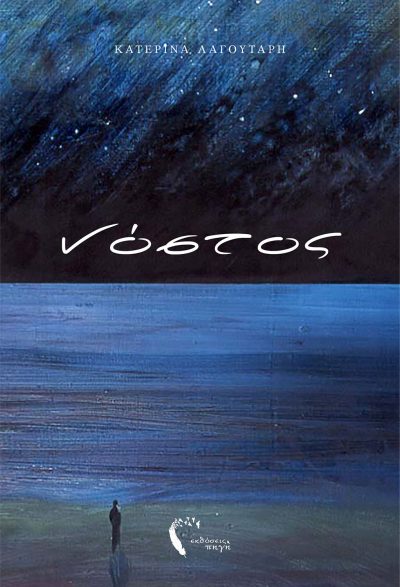
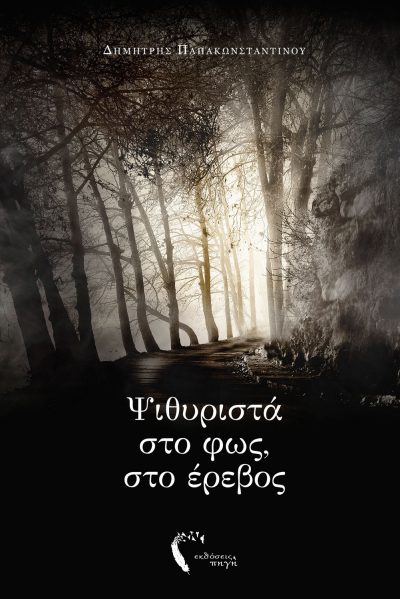
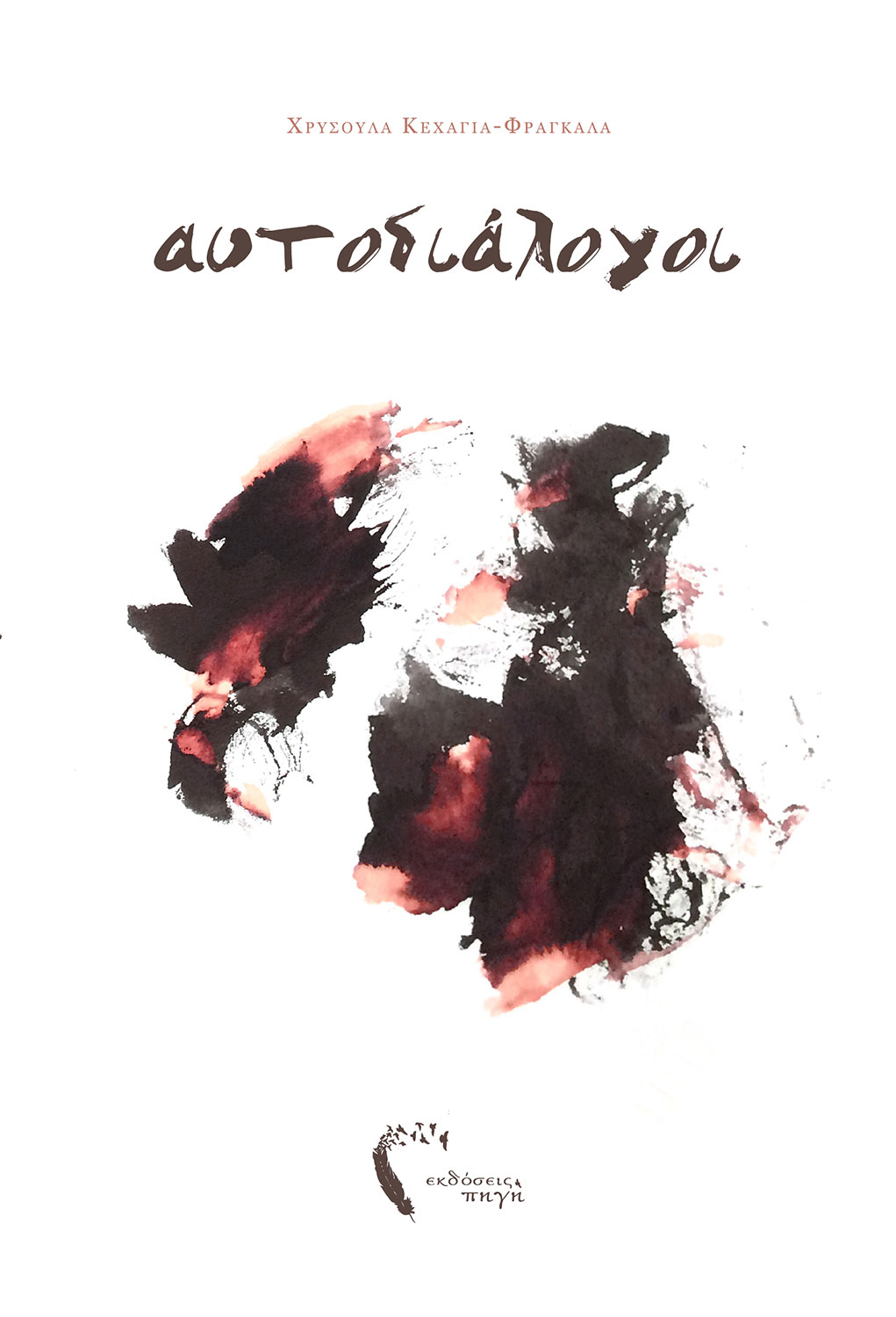
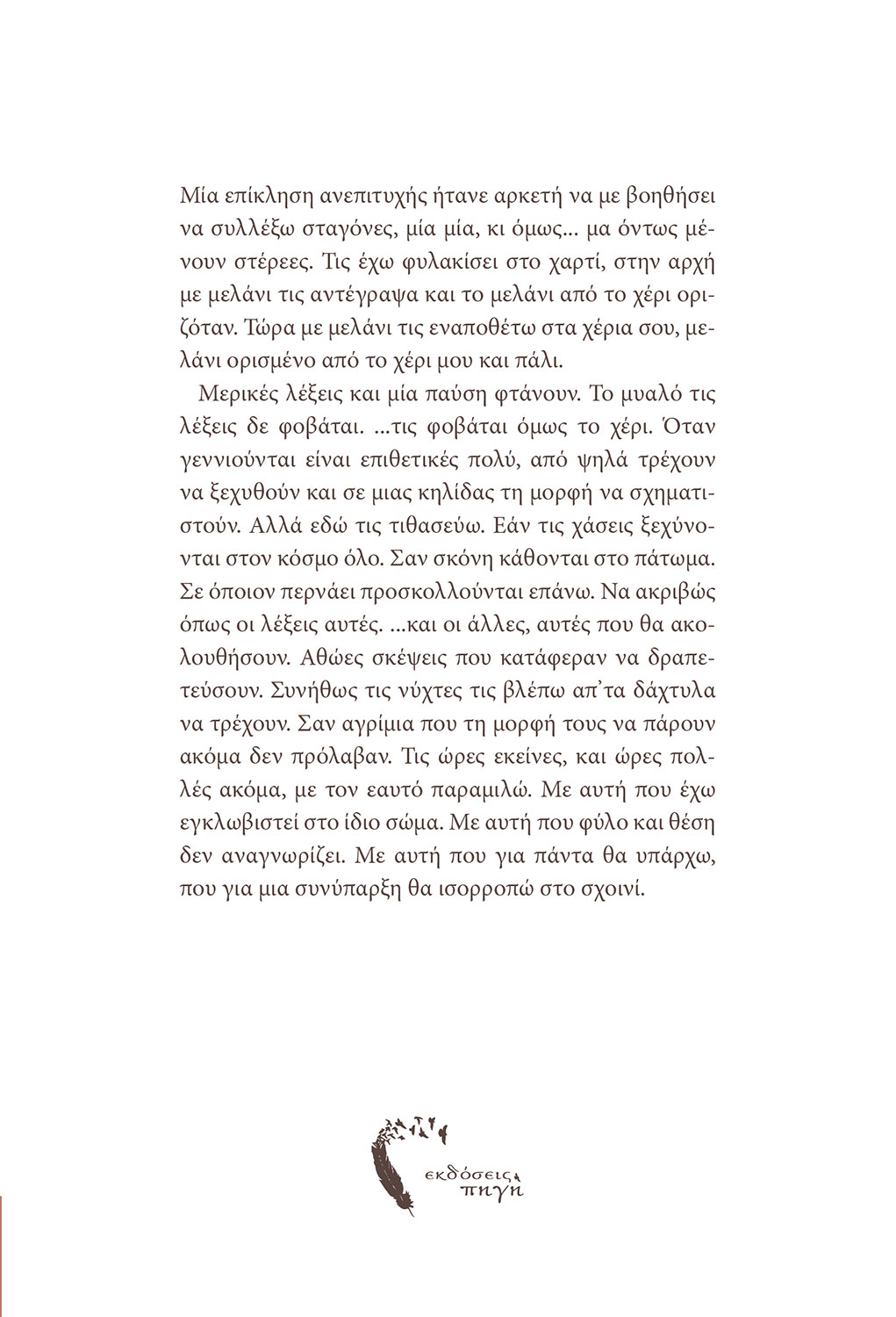
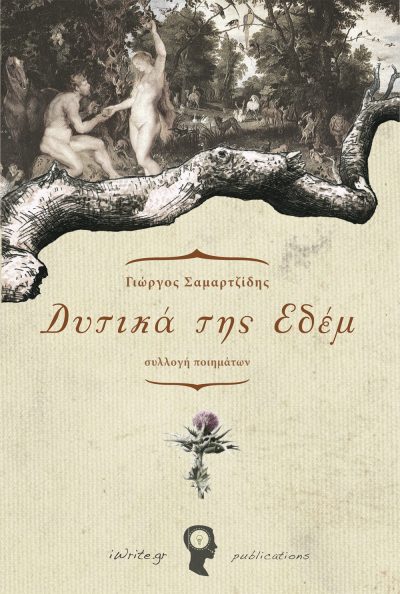
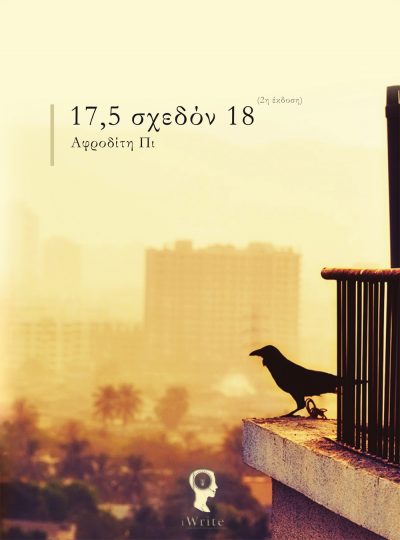
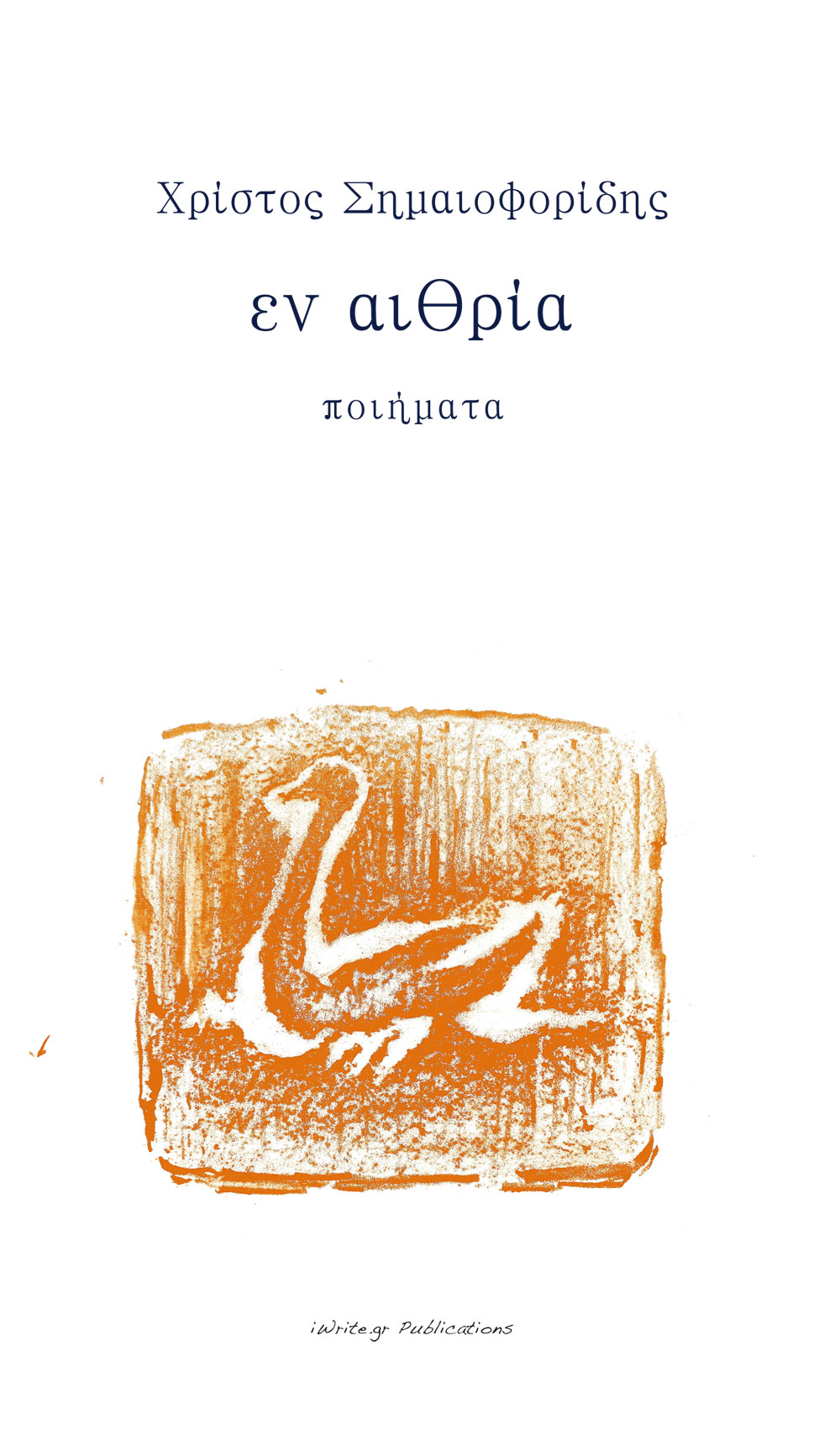
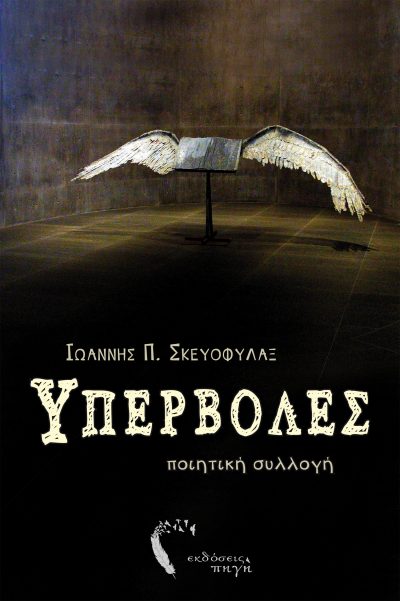
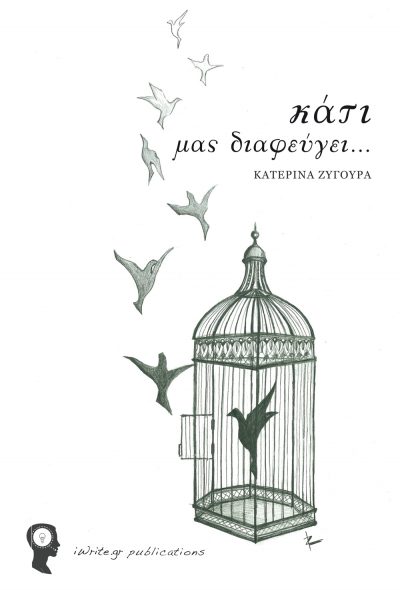
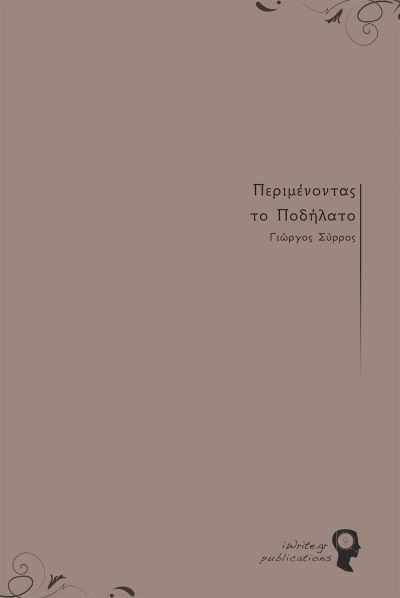
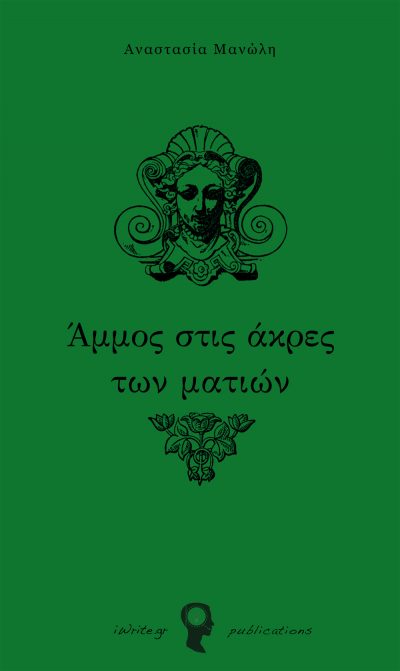
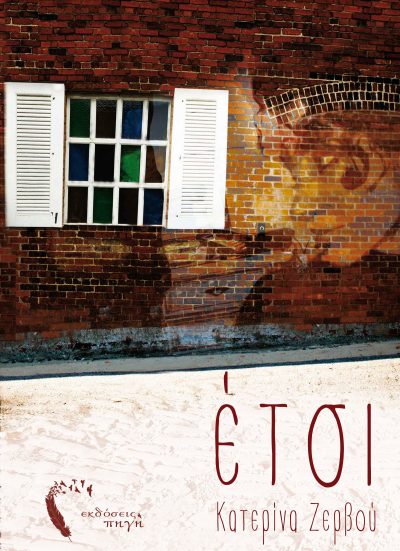
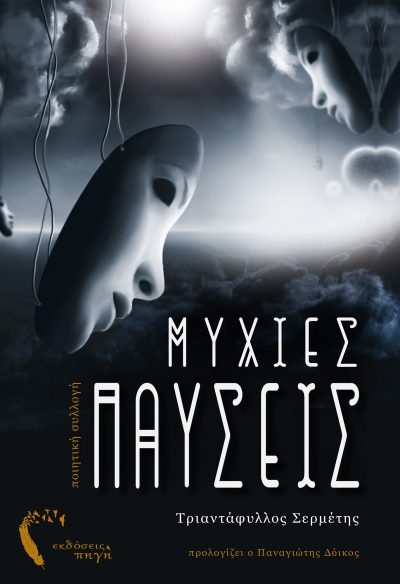
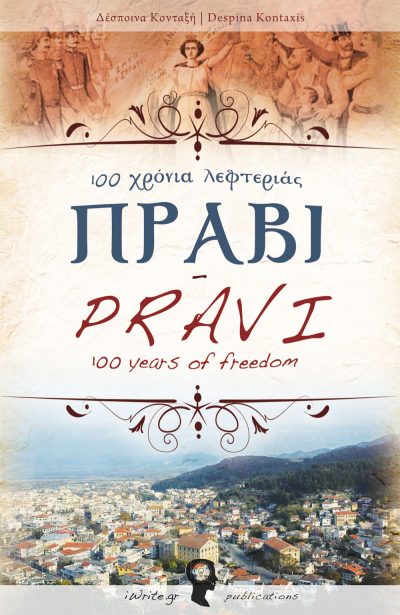
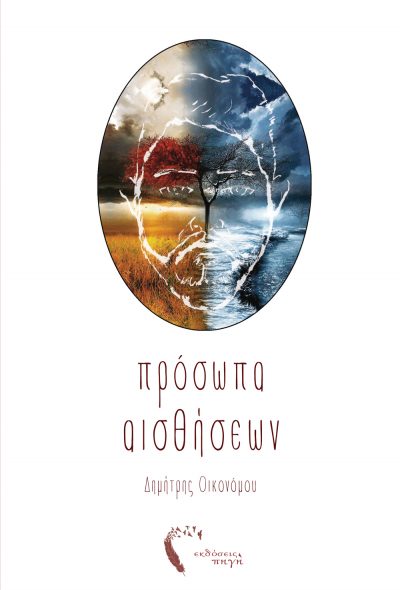
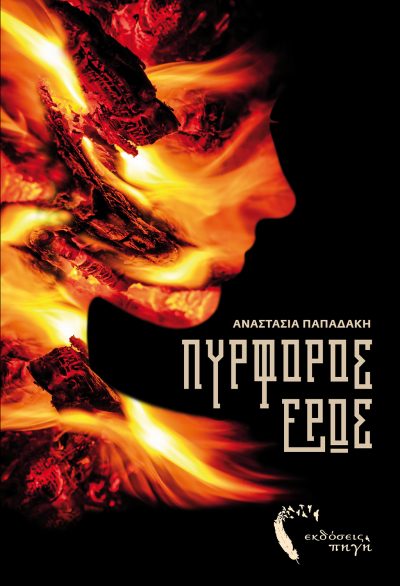
Dimitris Papakonstantinou, Fractal -
Chrysoula Kehagia-Fragalou presents an extremely introverted poetry in her collection "Autodialogues". In her 81 poems, she monologues trying to define herself in a world described as unknown, distant, foreign or even hostile. He believes that everything is subjective and thus the concepts remain fluid and unclear, since their definition is always up to the hasty and precarious judgment of each person:
"Each concept is defined by each person
and only by him.
My "little" was less than his,
and his "little" more than mine"
Our ideals and values are nothing but what habit has saved from generation to generation. They are opinions without authority. They are lies…
"Our beliefs and values in life are lies
that we repeated in our minds
again and again until we believe them and embrace them"
How can one communicate deeply with others if everything is so precarious and fluid, if nothing stable exists in our lives? Despite this, the Nobel laureate poet Giorgos Seferis believed (speech in Stockholm) that "poetry is an act of trust, an act of communication." But the poet does not trust people. He stands before them with suspicion in a perpetual defensive posture. Sometimes her attitude becomes purely argumentative and her low-key poetry turns into a scream. He checks people because he finds unforgivable flaws in their character and boldly accuses them.
I have a feeling that more than anything else it embellishes their hypocrisy:
"The hypocrisy,
a miraculous void of everyday life
Another boring behavior
which we repeat incessantly.
What is it worth after all?”
"Alienation eats your guts and the moon burns your skin.
In the full moon you hide,
hiding,
Hide!”
At other times, her distancing from the world leads her to nihilism. The poet mocks and mocks herself. I focused a lot on these verses. This "cariotacic sarcasm" towards death itself, impressed me:
"Through" the coffin I enjoy my eternal luxurious resurrection.
break your bones
break them to taste death,
since that's how you want it.
How nice that you lead your soul to hell!
How nice that we die!”
The image of the theater is often repeated in her poetry. Life is a big theater and everyone plays the role they like. The poet consciously chooses to sit on the sidelines, as a spectator. An indefinable sadness hovers in the space he creates. Disappointment and guilt complexes permeate her words. Even love leads to sadness. Disappointment lurks in every human existence.
"which melancholy will you choose
throw in your body at the end?”
The house he grew up in is described as a fortress, a maximum security prison. The poet - she says - could not find her soul there. She only brings back sad memories from the past, when she was obliged to obey and constantly negotiate her rights.
In many poems her feelings and thoughts are recorded in a strict order, as if she were keeping a diary. As if it wants to give substance, meaning and identity to the small moments that flow and disappear. Sometimes the poem takes the form of a short quote. I guess that the poet is not used to logically process her poems, in order to later complete some of her thoughts that were left unfinished, but she delivers them unadulterated and genuine, as they emerge in her soul.
I was impressed by some traces of didacticism. I would say that one speaks in the second person when one feels the other people close to him. When love and trust lay a solid foundation for communication in depth, with affection, like a father talks to his children. The teaching here is unique. I have the feeling that the poet is not advising the reader, but her own self who is studying and examining him, as if standing opposite, outside her body:
"embrace this desire,
embrace the sensitive of your being.
Create a flower next to this mold.
Reborn yourself.
Close your eyes,
It turns your head upside down,
do not be afraid,
i promise the horizon
in the same colors to be still dressed.
Can you wait any longer"
The reference to the fairy tale is frequent. Here, in a dreamlike atmosphere, anything can happen! Knights, magical ravens, swords, ancient papyri, dragons and fairies compose a parallel reality, which the poet knows and trusts because she visits it often.
"Once upon a time
dawn with dewdrops
tears for a century in their eyes
they blindly say goodbye for another day.
Once upon a time,
in a small world
the leaves were shaking from a soul
who was looking for happiness"
The poet comments that she constantly repeats the same images and the same words. Her poetry does not completely satisfy her. Perhaps she is most disturbed by the obsessions that force her to return to similar poetic images and expressions. As she questions the world around her, so she questions her art. The entrapment in the same thoughts is expressed very well in the following verses: Her words are birds of the same breed and therefore they always flock sitting on the same wire...
"My poetry one could be,
since there is no difference from one verse to another,
and from turn to turn,
like birds of the same breed"
In closing, I have the feeling that I only got a small taste of the poetry of Chrysoula Kehagia-Frangalos. Poetry always constitutes a new, unexplored world, a very closed and private space that does not "unlock" its doors so easily. The poet says in one of her last poems:
"I don't want anyone to get hurt"
We care not to hurt others, only when we love them! It is a point that interests me, because for the first time the poet approaches with tenderness the strange and hostile world that surrounds her. They are words spoken with tenderness, even if they are not so loud. He advises us to look behind the words. Let's not dwell on the obvious...
"Choose slowly and carefully
and after underlining the truth,
read through the carvings.
Through the obvious"
Behind the letters on the paper, behind the word shapes and images, behind the obvious is a wounded soul with inner strength and a thirst for the joy that is dwindling and lost in our lives. I think many readers will find a part of their own soul in her words…